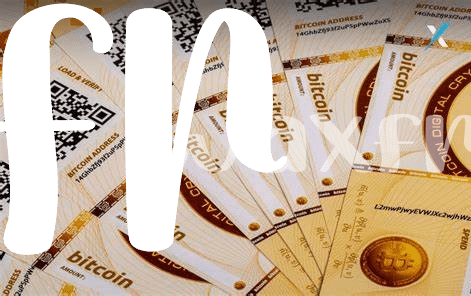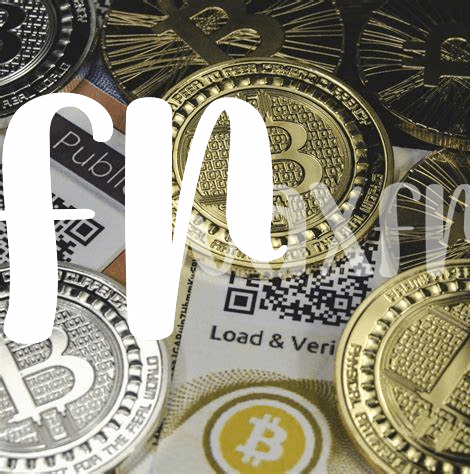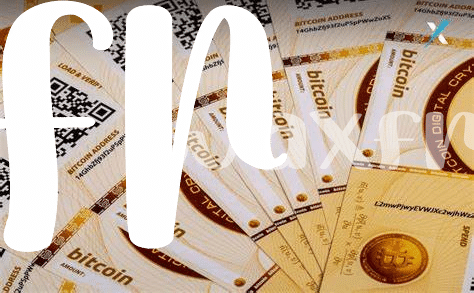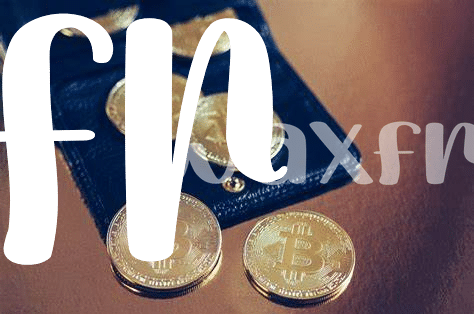📜 the Humble Beginnings: Paper Wallets and Anonymity

In the early days, picture someone scribbling down secret codes on a piece of paper, keeping their digital gold safe. That was the reality when Bitcoin first appeared on the scene. Back then, paper wallets were the go-to. They were simply pieces of paper with your Bitcoin’s public address (think of it as the label on your mailbox) and a private key (the key to open that mailbox). This method was praised for its simplicity and high level of anonymity. You weren’t tied to an email address or even a username; your identity was as concealed as a secret agent’s. It was like a financial ninja move—only you knew where your digital treasure was buried. But even ninjas need to evolve. Here’s a quick look at how the paper wallet matched up with the digital era that followed:
| Characteristic | Paper Wallet | Digital Wallets |
|---|---|---|
| Anonymity | High | Varies |
| Accessibility | Physical access | Anywhere with Internet |
| Security | Depends on physical safety | Depends on digital security measures |
| Convenience | Low (unless you love carrying paper around!) | High |
This foundational step set the stage for a journey towards more sophisticated, user-friendly, and secure ways to store and manage digital wealth, proving that even the most humble beginnings can lead to revolutionary changes.
💻 Transition to Software: the Digital Shift Begins
Imagine a time when keeping Bitcoin safe meant writing down secret codes on pieces of paper. But as more people started using Bitcoin, there was a need for something more convenient and secure. That’s when the digital shift began. People started storing their Bitcoin in software wallets, which are like special programs for keeping digital money. These wallets made it much easier to send, receive, and keep track of Bitcoin without the worry of losing a piece of paper.
This change wasn’t just about ease and convenience; it was a big step towards making Bitcoin accessible to everyone. Whether you were a tech expert or someone just starting out, software wallets offered a way to interact with Bitcoin on your computer. It paved the way for more innovations in how we manage digital currencies today. To understand more about the transformative power of this technology, check out how the blockchain is changing the landscape of finance at https://wikicrypto.news/how-lightning-network-is-revolutionizing-bitcoin-transactions. This digital evolution led to the introduction of mobile and hardware wallets, making it even easier and more secure to manage digital assets, signaling just the beginning of a financial revolution.
📱 Going Mobile: Wallets in Your Pocket

Imagine having your entire wallet not in your bag or pocket, but right at your fingertips, anytime, anywhere. That’s what mobile wallets have brought into our lives. Gone are the days of needing to carry physical cash or cards; with just a few taps on a smartphone, you’re ready to make transactions, check your balance, or even invest in digital currencies like Bitcoin. The shift to mobile wallets was revolutionary, making it easier than ever for everyone to dive into the world of digital currency without needing to be tech-savvy. It wasn’t just about convenience; it was also about taking control. With mobile wallets, you could manage your finances on-the-go, making real-time decisions and transactions. This transition was more than just a step forward; it was a leap into a future where our financial tools are as mobile as we are, always within reach, simplifying how we interact with money in the digital age.
🔒 Enhancing Security: Hardware Wallets Enter the Scene

With every leap in technology, there’s a push to keep our digital treasures safer. Think of hardware wallets as the digital equivalent to a safe in your home, specifically designed to protect Bitcoin and other cryptocurrencies from the online bandits of the virtual world. Unlike paper wallets that were all about hiding your crypto keys in plain sight, hardware wallets went a step further. They took your digital gold and locked it away in a physical device that could only be accessed with your permission. These nifty gadgets revolutionized security, making it harder for hackers to lay their hands on your precious assets without having the actual device in their grasp.
As technology advanced, so did the ingenuity of these devices. They became smaller, more user-friendly, and integrated seamlessly with other digital platforms. For those curious about how these wallets fit into the broader ecosystem of digital currency, exploring bitcoin software wallets and the blockchain offers a deeper dive into their function and importance. It’s a world where your physical key now guards virtual wealth, ushering in a new era of security that keeps your investments not just away from prying eyes but also safe and sound, ready for whatever the future holds in the unpredictable realm of digital currencies.
☁️ Cloud Wallets: Accessibility and Risks
Imagine carrying your entire library in your pocket, not as heavy books, but floating in an invisible cloud that follows you everywhere. This is what cloud wallets offer to Bitcoin enthusiasts—access to their digital money from any device, anywhere, as long as there’s internet. 🌐✨ Convenience is the shiny coin’s side, making transactions swift and painless, just like sending an email. However, every coin has two sides. With cloud wallets, the flip side is security. Your precious digital coins stored in the cloud could be at the mercy of hackers, making it crucial to pick a service that wraps your digital money in layers of security, like a snug, impenetrable blanket. Here’s a quick glance at what sets cloud wallets apart:
| Feature | Advantages | Risks |
|---|---|---|
| Accessibility | Access from anywhere | Dependent on internet connection |
| Security | Possible strong encryption | Vulnerable to hacking |
Choosing a cloud wallet becomes a balance—weighing the freedom to access your digital treasure anywhere against the shadows lurking online, ready to pounce at the slightest weakness.
🚀 Towards the Future: Smart Contracts and Defi Integration

As we march into the future, the evolution of Bitcoin wallets sees us gearing up for a transformative leap. Picture a world where your digital wallet not only stores your money but also smartly interacts with various financial services. It’s not just about holding digital coins anymore; it’s about making your assets work for you. Through the integration of smart contracts and Decentralized Finance (DeFi), wallets are becoming more like your personal finance assistant than a simple pocket for your digital cash. Imagine setting rules that automatically manage your investments, loans, and even pay your bills, all secured by the advanced technology of blockchain. This leap is powered by the seamless synergy between bitcoin and micropayments and the blockchain, laying a pathway for an efficient, transparent, and secure financial ecosystem. With every transaction, every smart contract execution, we’re not just moving money; we’re creating a more connected and automated financial world.
